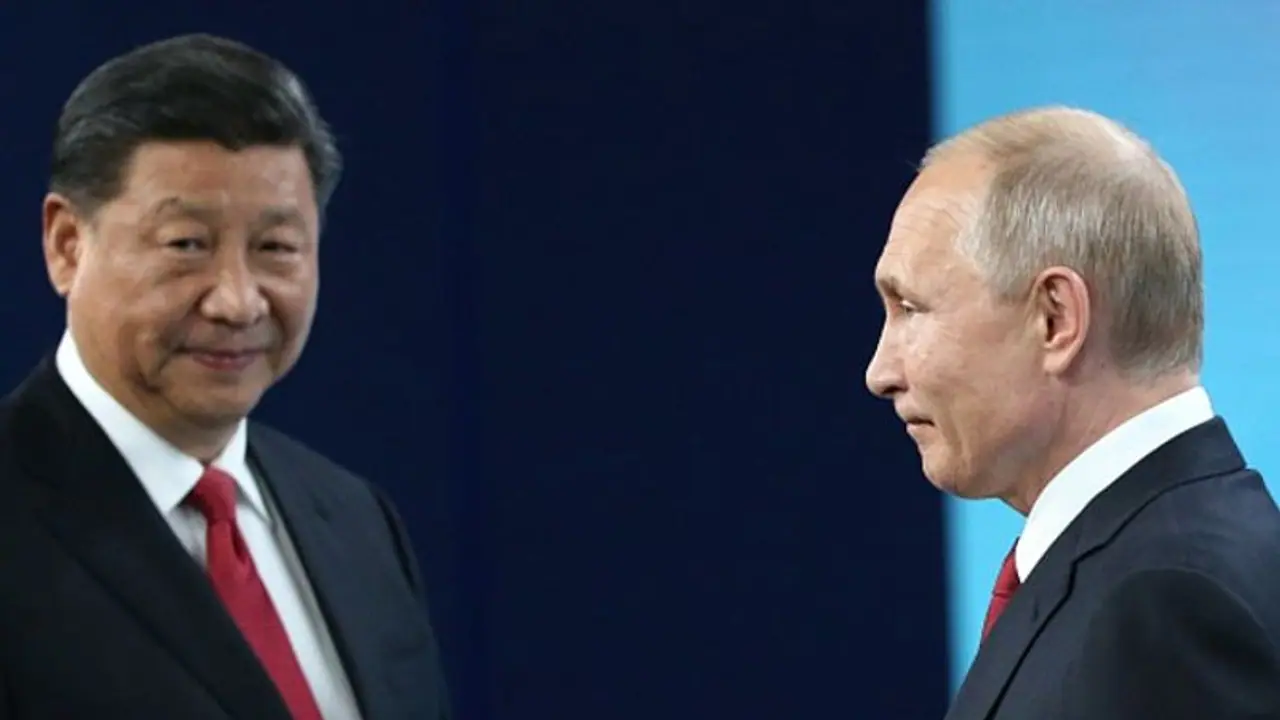The United Kingdom's defence review has warned against “immediate and pressing” threat from Russia, meanwhile, China poses a “sophisticated and persistent challenge”.
According to a classified 130-page strategic document prepared by three senior advisers to UK Prime Minister Keir Starmer, the nation faces an “immediate and pressing” danger from Russia, while China is flagged as a “sophisticated and persistent challenge.”

The document, set to be unveiled on Monday, was obtained by The Guardian and draws heavily from the hard-earned lessons of the ongoing war in Ukraine. While Russia remains the primary concern, the review also spotlights the growing alignment between Moscow and Beijing. It warns of smaller but volatile “regional disruptors” in the form of Iran and North Korea, who continue to destabilize their respective spheres.
With the advent of drones, artificial intelligence, and other cutting-edge technologies, traditional battle lines have blurred, demanding a fundamental reassessment of Britain’s military posture. “Britain is entering a new era of threat,” the document states.
Although the report is not expected to introduce fresh defence spending immediately, it reinforces Starmer’s earlier commitment—made in February—to raise the UK’s defence budget to 2.5% of GDP by 2027, with a further increase to 3% in the next parliamentary term. The analysis, however, appears to advocate for a sweeping medium-term budget expansion—potentially topping £50 billion in real terms—a proposal likely to gain traction at the upcoming NATO summit in June.
That summit could prove pivotal, as Western allies weigh a bold initiative to elevate core defence spending to 3.5% of GDP by 2032, with an extra 1.5% allocated to bolster cyber capabilities and military infrastructure. This intensified investment push is, in part, a response to growing pressure from former US President Donald Trump, who has persistently urged NATO members to shoulder more of the collective security burden.
Domestically, the UK military is grappling with its own crisis—shrinking manpower. A contentious debate simmers between the Ministry of Defence and the Treasury over whether to expand the British Army beyond the existing target of 73,000 personnel. The urgency of that conversation has intensified following revelations that the army's strength plummeted to just 70,860 full-time trained soldiers as of April 1—the lowest count since the Napoleonic era—reflecting a troubling 2.3% decline over the past year.
US Defense Secretary Pete Hegseth issued a stark warning to America’s regional allies, cautioning them about an “imminent threat” from Beijing. He offered reassurance, however, stating that they would not have to face mounting Chinese military and economic coercion alone.


